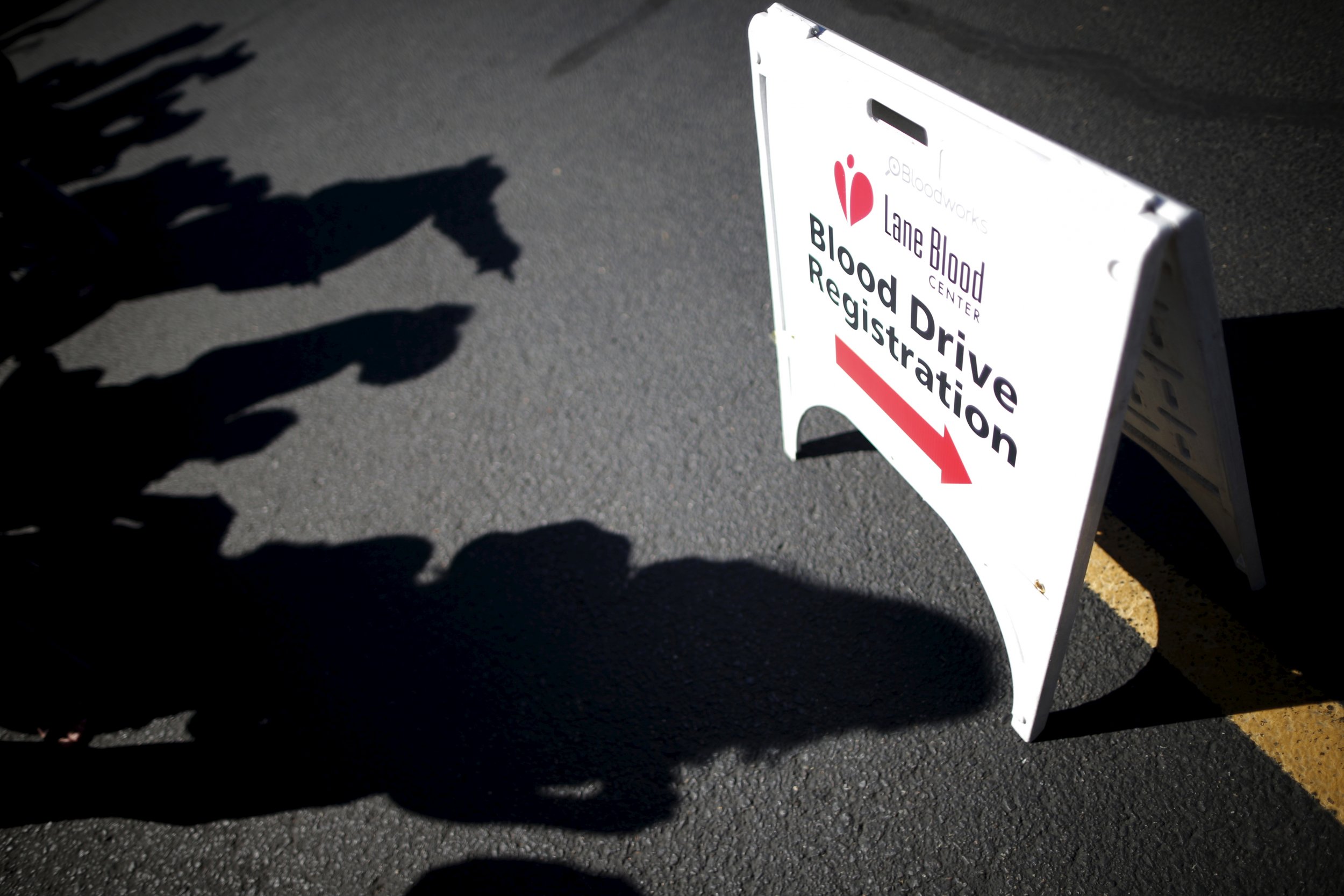
(Reuters) - The U.S. Food and Drug Administration ruled on Monday that gay men can donate blood 12 months after their last sexual contact with another man, overturning a 30-year ban aimed at preventing the transmission of HIV, the virus that causes AIDS.
The agency said people with hemophilia and related blood clotting disorders will continue to be banned from donating blood due to potential harm they could suffer from large needles. Previously they were banned due to an increased risk of transmitting HIV.
The agency said it has worked with other government agencies and considered input from outside advisory bodies, and has "carefully examined the most recent available scientific evidence to support the current policy revision."
The agency said it has also put in place a safety monitoring system for the blood supply which it expects to provide "critical information" to help inform future FDA blood donor policies.
"Ultimately, the 12-month deferral window is supported by the best available scientific evidence, at this point in time, relevant to the U.S. population," Dr. Peter Marks, deputy director of the FDA's biologics division, said in a statement.
Several countries, including the United Kingdom and Australia, have 12-month deferrals.
During the change in Australia from an indefinite blood donor deferral policy, essentially a ban, to a 12-month deferral, studies evaluating more than 8 million units of donated blood were performed using a national blood surveillance system, the FDA said.
"These published studies document no change in risk to the blood supply with use of the 12-month deferral," the agency said. "Similar data are not available for shorter deferral intervals."
The agency said its policies to date have helped reduce HIV transmission rates from blood transfusions from 1 in 2,500 to 1 in 1.47 million.
Uncommon Knowledge
Newsweek is committed to challenging conventional wisdom and finding connections in the search for common ground.
Newsweek is committed to challenging conventional wisdom and finding connections in the search for common ground.
About the writer
To read how Newsweek uses AI as a newsroom tool, Click here.








